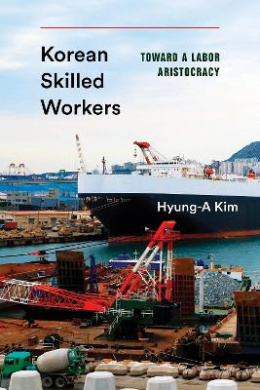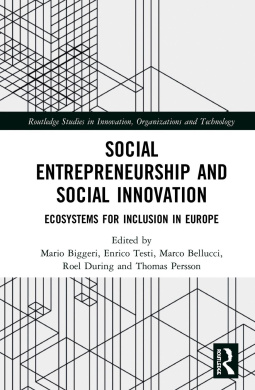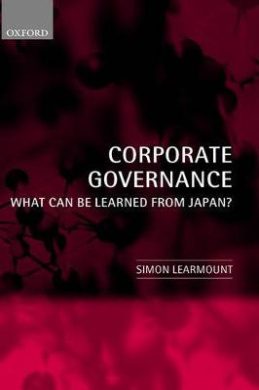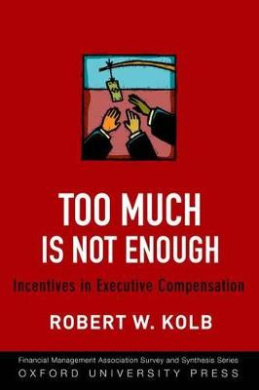Description
South Korea’s triumphant development has catapulted the country’s economy to the eleventh largest in the world. Large family-owned conglomerates, or chaebols, such as Samsung, for Hyundai , and LG, have become globally preeminent manufacturing brands. Yet Korea’s highly disciplined, technologically competent skilled workers who built these brands have become known only for their successful labor-union militancy, which in recent decades has been criticized as collective “selfishness” that has allowed them to prosper at the expense of other workers. Hyung-A Kim tells the story of Korea’s first generation of skilled workers in the heavy and chemical industries sector, following their dramatic transition from 1970s-era “industrial warriors” to labor-union militant “Goliat Warriors,” and ultimately to a “labor aristocracy” with guaranteed job security, superior wages, and even job inheritance for their children. By contrast, millions of Korea’s non-regular employees, especially young people, struggle in precarious and insecure employment. This richly documented account demonstrates that industrial workers’ most enduring goal has been their own economic advancement, not a wider socialist revolution, and shows how these individuals’ paths embody the consequences of rapid development.






